Create a function defineFirstArg that accepts a function and an argument. Also, the function being passed in will accept at least one argument. defineFirstArg will return a new function that invokes the passed-in function with the passed-in argument as the passed-in function's first argument. Additional arguments needed by the passed-in function will need to be passed into the returned function.
Below is my code:
const defineFirstArg = (inputFunc, arg) => {
return function (argTwo) {
return inputFunc(arg, argTwo)
}
}
But it's failing the last test spec:
What am I doing wrong?
